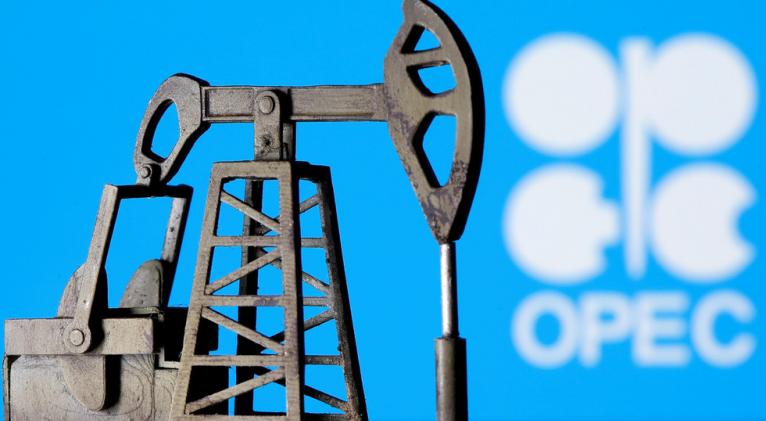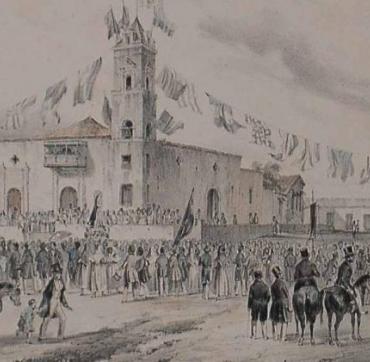Will OPEC+ production cuts agreement save the troubled oil market?
especiales

On April 12, the group known as OPEC+, which includes 13 members of the Organization of the Petroleum Exporting Countries (OPEC) and 10 other major oil-producing states led by Russia, finalized the deal to cut crude output. Effective for two years, the accord includes several stages. The initial 9.7 million barrels per day (bpd) cuts will be reduced to 7.7 million bpd in July. Starting in 2021, the caps will stand at 5.8 million bpd till 30 April 2022, when the deal is set to expire. The parties will weight on the extension of the deal in advance, at the end of 2021.
However, the cut, which equals roughly to 10 percent of global output, may not be enough to offset the supply glut. Many analysts agreed that the reduction remains dwarfed by a steep demand drop that could reach 30 million bpd in April.
“The deal is going to help the supply imbalance [...] but the fact that OPEC delayed the start of the production cuts to May resulted in the market believing that it was too little and too late, although they have bought a little bit of time,” Lipow Oil Associates LLC President Andrew Lipow told RT.
In March, when the previous OPEC deal fell apart, oil prices crashed and have been on a wild ride since then. Some countries beyond OPEC, including Canada, Norway and the US, have also pledged to contribute to the stabilization of the market. Those additional cuts could happen naturally, given the dramatic drop in crude prices, and wipe out an additional 10 million bpd from the oversupplied market, according to Russian Energy Minister Alexander Novak.
The situation in the energy market, and with oil prices in particular, is not going to change much initially, after the oil deal officially comes into force. Despite the massive demand collapse during the pandemic, oil producers were overflowing the market in April, with some analysts saying that the OPEC countries’ crude exports stood at one of the highest levels in recent history during this period.
“We shouldn’t expect any price miracle,” the head of the National Energy Security Foundation, Konstantin Simonov, said in an interview with RT. “May and June will be black months for our [oil] industry.”
Also on rt.com Crude price collapse will finally force US oil industry to cut production or go bust
He explained that the real drop in demand exceeds the cuts, preventing the market from reaching the needed balance. However, the situation could have been much worse without OPEC measures, he said, and the market will rebound as soon as quarantine measures are eased, possibly by July.
While the April agreement has been widely touted as the truce ending the oil price war between Russia and Saudi Arabia, the conflict is far from over, Simonov noted. While Riyadh has reportedly started production curbs ahead of schedule, it did not stop offering discounts to its customers – a policy that is likely to prolong the oil price row.
Also on rt.com Trump says record oil production cuts will soon DOUBLE
“Saudi Arabia’s behavior is still aggressive, and the Saudis continue reducing prices. It’s still possible that they could cut output, but the volume of exports will stand at the same level,” the analyst warned.
OPEC and allied countries may be forced to introduce even deeper cuts, if the measure fails to help the market rebound, some analysts say. According to Lipow, if the storage facilities – both onshore and in tankers – continue to run out of space, oil-producing nations will have to further decrease crude production.














Add new comment